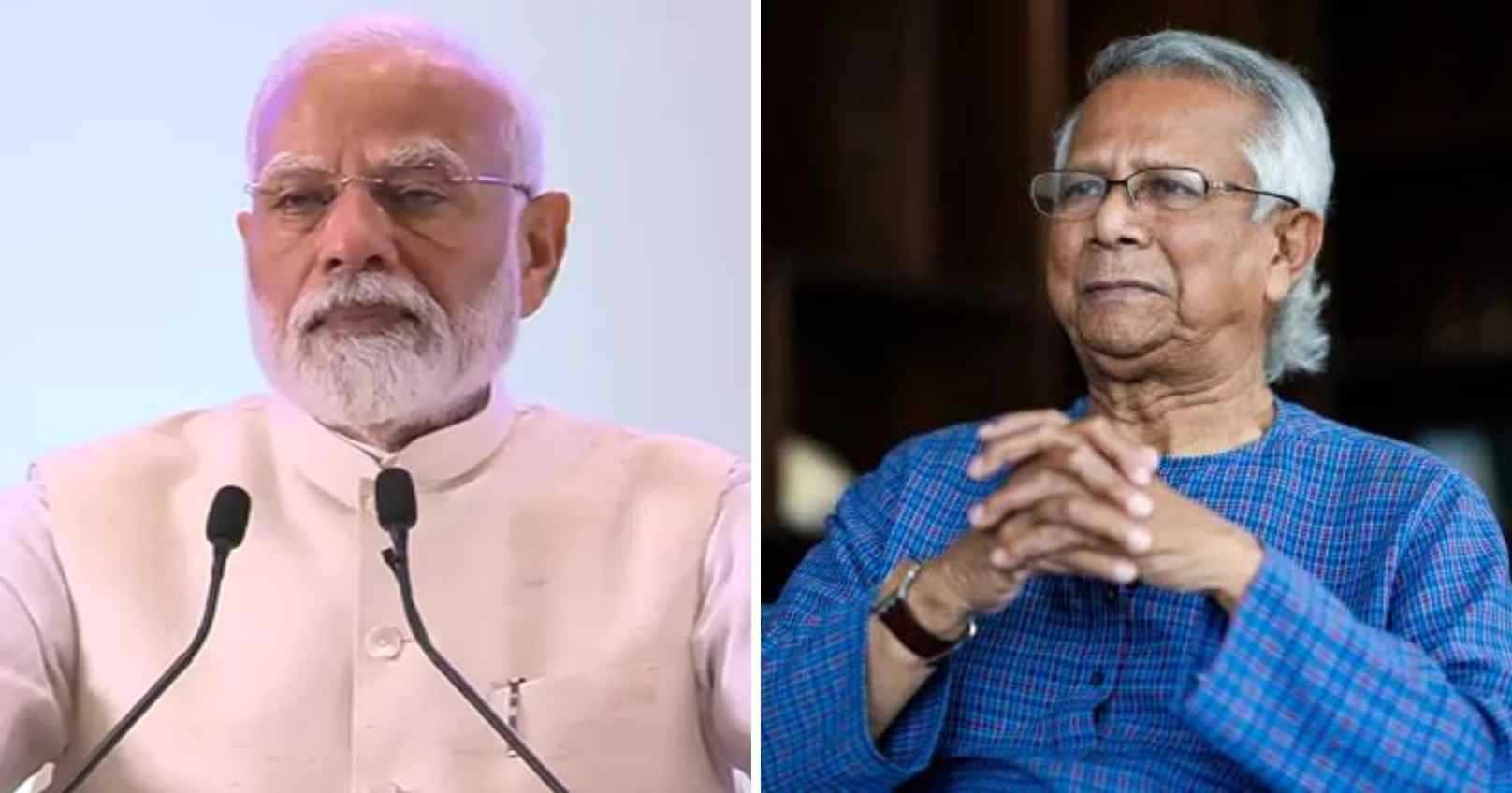India has yet to respond to Bangladesh's request for a meeting between interim government head Muhammad Yunus and Prime Minister Narendra Modi during the upcoming UN General Assembly in New York. Sources familiar with the situation suggested that a meeting may not happen following Yunus's recent comments, which were not well-received in New Delhi.
The formal request for a meeting was made earlier this week, with both Yunus and Modi set to attend the General Assembly later this month. However, India has yet to finalize Modi's schedule for bilateral talks. The sources, who spoke on condition of anonymity, noted that Yunus's recent remarks in an interview with an Indian media outlet have created uncertainty about the meeting.
In the interview, Yunus criticized former Prime Minister Sheikh Hasina, who is currently in exile in India, for commenting on Bangladesh's political situation. He hinted that Bangladesh could seek her extradition and urged India to move beyond the narrative that any political party other than Hasina's Awami League is "Islamist." Yunus further said that if India continues to offer Hasina shelter, she should be kept quiet. These statements have reportedly not been well-received by Indian officials.
Bangladesh has communicated its concerns to India, suggesting that Hasina should remain silent while in exile. India's external affairs ministry has so far declined to comment on the possibility of extradition, calling it a hypothetical scenario.
Yunus was sworn in as head of the interim government shortly after Hasina fled to India on August 5. He spoke with Modi on August 16, with Modi urging him to protect minorities in Bangladesh, especially Hindus, following attacks in the wake of the government's ousting. Yunus assured Modi that Bangladesh would prioritize the safety of all minorities. However, Yunus has since downplayed media reports of such attacks, describing them as exaggerated.
Despite this, Indian sources have expressed concerns about the interim government's ability to manage the situation in Bangladesh, with some elements within the government reportedly working at cross-purposes.







